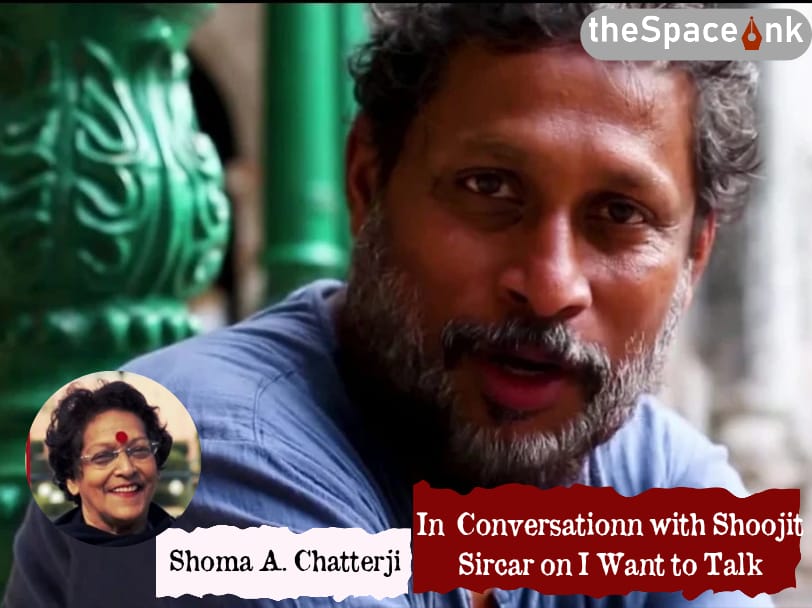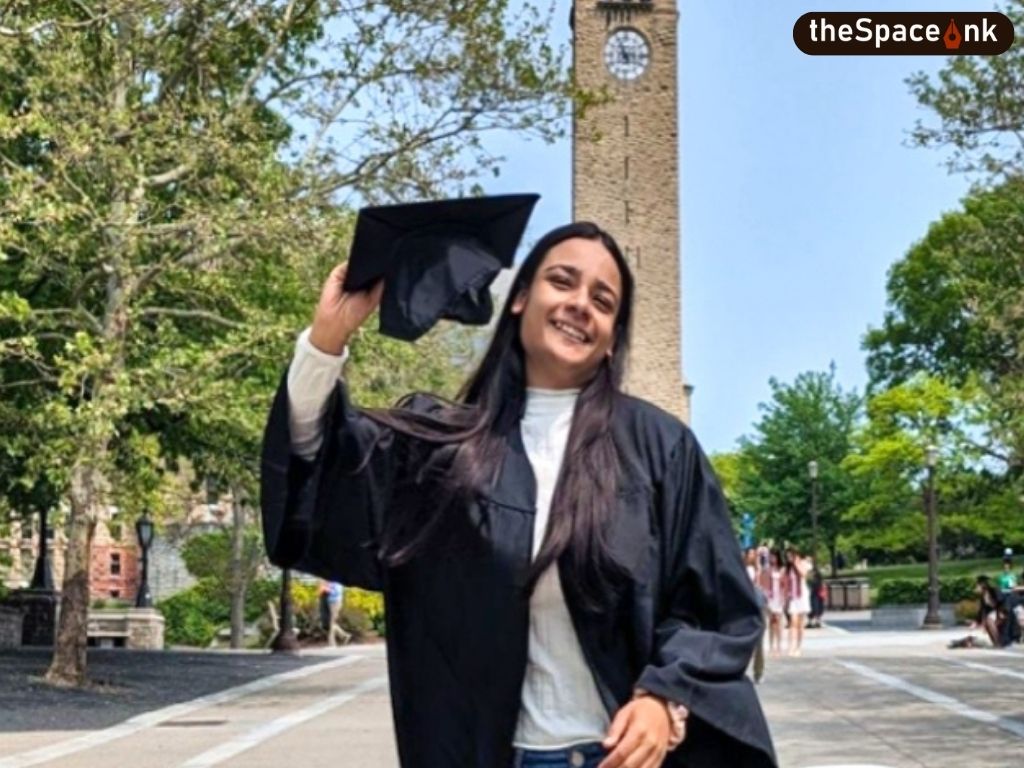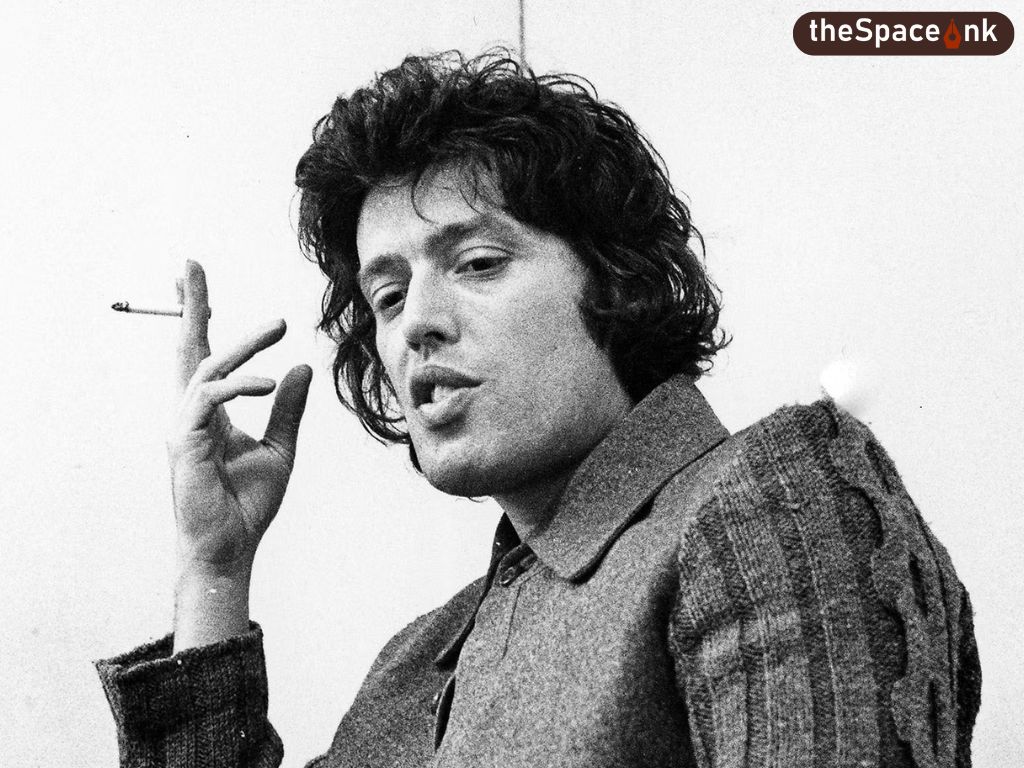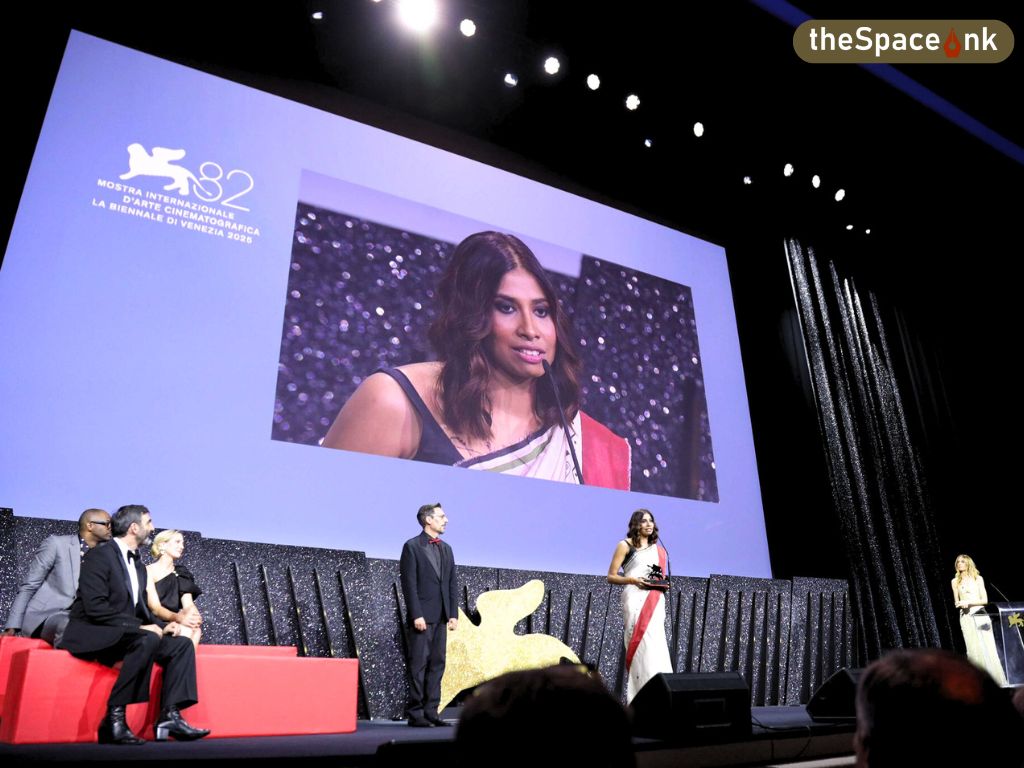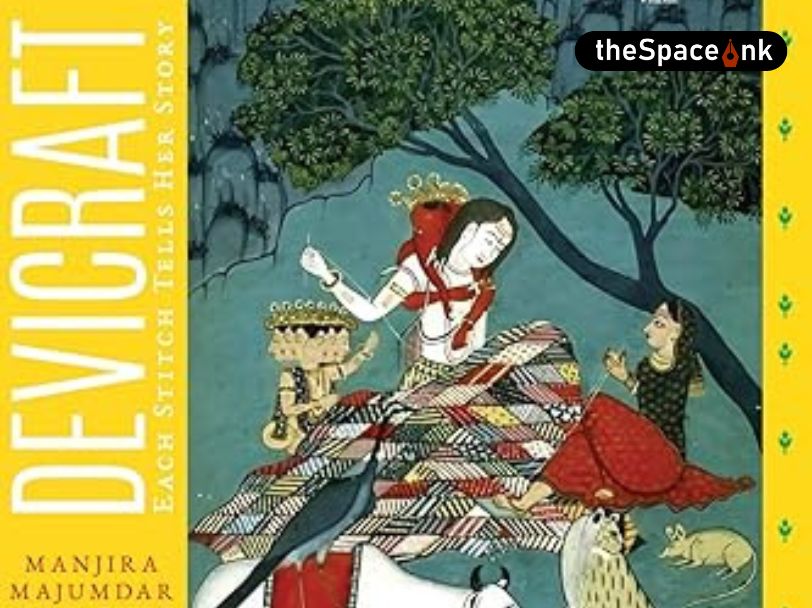Shoojit Sircar, unlike most successful filmmakers in Bollywood, does not wear an imaginary or real halo around his head. He is easily approachable, responds to telephone calls himself and perhaps consciously refuses to be a “star director” in Bollywood. This writer managed to catch him through a recorded interview. He does not need an introduction but suffice to say that over the years, he and his films have bagged three National Film Awards and two Filmfare Awards from five nominations. He does not wear these awards on his lapel but they do find pride of place on his drawing room walls. He remains extremely grounded and ready to talk. He talks about his new film I Want to Talk which had a theatrical release across India and features Abhishek Bachchan in the lead.
S.A.C: What was the inspiration for this very unusual film?
S.S: Firstly, it came from a book I had read called Raising a Father, a memoir written by Arjun Sen in 2009. Sen wrote it as a Christmas gift for his daughter Raka Sen. The book focuses on Sen’s relationship with his daughter beginning when she was eight years old. Raising a Father is widely regarded as writing that helps other fathers understand the needs of their children and build a strong relationship with them.
And then I met the real man Arjun Sen who became a good friend, and I decided to make a film on his strange life.
In my film, I have tried to explore the father-daughter relationship which I feel brings in the small communication gaps today that we are not even aware of in the closest of our relationships. We are concerned with many things in life but not the small things and we forget to talk about them within our relationships. So in my film, in the end, the daughter Reya says she still wants to talk to her father. The title refers more to the daughter’s perspective than the father’s because she feels there are many things left unsaid.
So, I Want to Talk is more of daughter’s film than the father’s. Hence, the title I Want to Talk.
S.A.C: Why did you go for Abhishek Bachchan and not a more saleable actor?
S.S: Abhishek Bachchan was the natural choice because he fits the age-group Arjun Sen is in when the film begins, and he was ready to undergo the changes he needed to do to fit into the character of Arjun Sen. He was ready to meet the demands of the character such as putting on weight for the film. He has been to the US and is familiar with the ambience there. He is a father himself and could identify with the emotions of the character who is also a father. For him, the film has been almost like a second coming and since he is a good friend of mine, I am in a good comfort zone while working with him. Besides, we are friends in real life as he is the captain of the football team of which I am also a member. And look at his performance in the film! It is incredible!
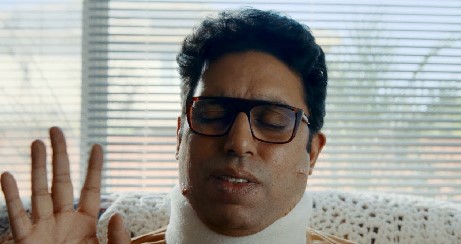
S.A.C: How would you describe Abhishek Bachchan as an actor?
S.S: He is an extraordinary person. I find in him the shades of his mother, Jaya Bachchan, more than those of his father and I have worked with both father and son. From my boyhood, I have been a great admirer of Jaya-ji as an actor par excellence. I could discern the look in his eyes that reminds me of Jaya-ji, his way of delivering his lines and emoting only with his eyes is straight from Jaya-ji. He has a certain warmth about him that I have tried to capture in this film. He is very good-natured. He is respectful of everyone working on the sets including the technicians and he has imbibed these traits from his father, I guess.
Also Read: Tapan Sinha: A Centenary Tribute
S.A.C: How long did you shoot in the US?
S.S: We shot the film outside Los Angeles in California where we lived for three long months and the shooting took around 35 days if counted at a stretch. So, for me, it has been quite an expensive film.
S.A.C: Among all your directorial films, how would you rank I Want to Talk in your order of preference?
S.S: Ranking this film will be very difficult but I can just tell you that I am in love with this film and through the film, I have evolved somewhere as a filmmaker, and I have tried to tell a story on my own terms in my way and I hope the audience loves it.
S.A.C: Does it hurt when your film does not work well commercially?
S.S: Yes. It hurts when your film does not do well commercially but that does not mean that I will move away from the kind of films I make and will continue to make.
I have devised my own way of story-telling and sections of the audience have taken to it.
I am truly grateful to them for buying tickets and walking into the theatres to watch my film. People who have watched my film remember that it is that which is the ultimate target.
No one goes to watch a film thinking about how much business it does, and as a director neither do I. Over time, I have become more courageous in making exactly the kind of films I want to make. I think every director should get to make the kind of films they want to. I have noticed that earlier, Bengali filmmakers were very sensitive, educated and appreciative of those who admired creativity in art.
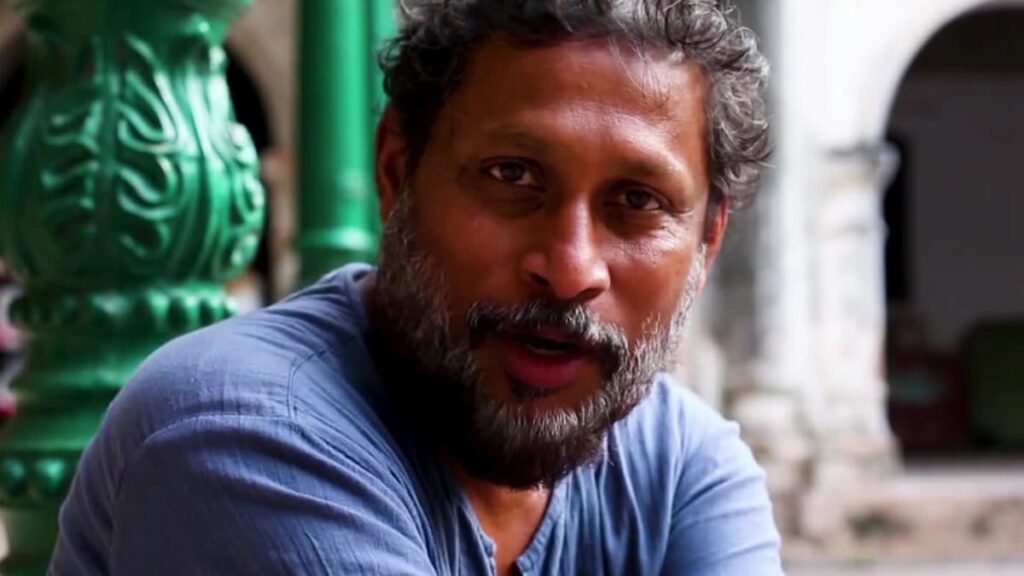
But today, I find that all Bengali television serials are trapped in women swathed in jewellery and glittering saris and domestic fights. And I am not talking about directors alone. I am talking about everyone involved in this be it the actors, the producers and directors and I am including film directors too, not just television. Where has the traditional Bengali creativity in films gone?
S.A.C: Has the real Arjun Sen watched the film? If yes, what was his reaction?
S.S: Yes. He has seen the film, and he told me that it had enhanced his image and given it an international presence. He was thrilled with the film and has become my friend. Imagine undergoing 20 surgeries beginning with terminal lung cancer, given 100 days to live, and then living to this day. I was myself amazed by the story of his life.
S.A.C: What kind of director do you think you are? Instinctive, dictatorial, flexible, rigid, or depending on your actors?
S.S: I think I am an instinctive director as I rely a great deal on my guts. But I am a director who shows every actor exactly what he/she should do or how he/she should enact a particular scene.
I am very clear about how a scene should go be it Mr. Bachchan Senior or be it Abhishek. Of course, this means I am truly instinctive but also very clear about how each scene should be framed, and executed.
S.A.C: What about making a Bangla film?
S.S: Some of my films have Bengali characters and some are shot also in Kolkata. I am in talks with powers-that-be such as the unions about making a Bangla film here. I have plans to approach the CM if needs be. I must say that I got a lot of help while shooting in Kolkata for Piku though crowds became unmanageable at times because Mr. Bachchan was there. But if people here take me for a Bollywood director, it will not be possible. One has to think about the budget constraints too.
Image Courtesy: Author
Shoma A. Chatterji is a freelance journalist, film scholar and author based in Kolkata. She has won the National Award twice, in 1991 and 2000. She has authored 26 published titles of which 14 are on different areas of Indian cinema. She holds two Masters Degrees and a Ph.D. in History (Indian Cinema). She has also won a few Lifetime Achievement Awards from different organizations over time.


